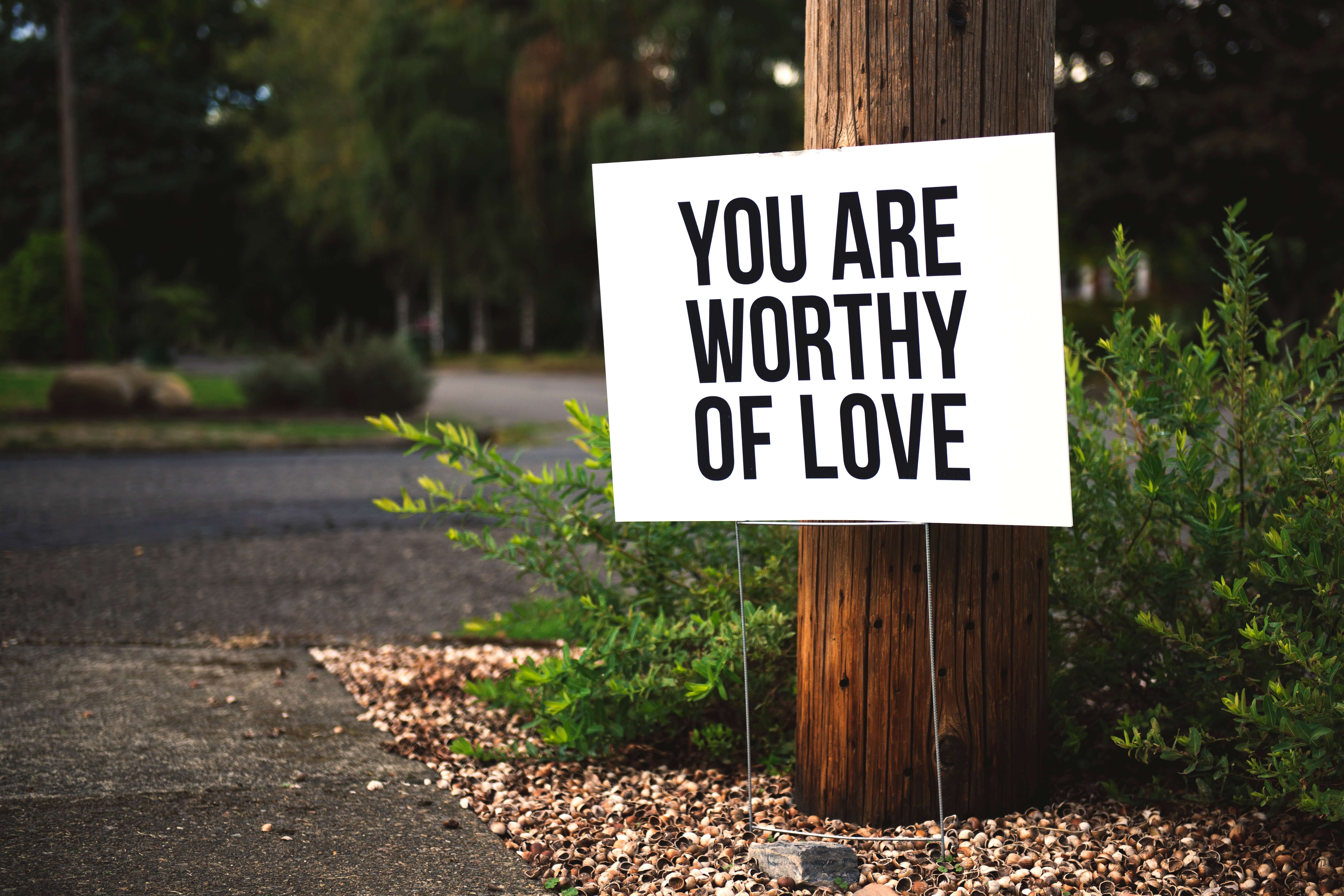In recent years, podcasting has become a popular medium for people to consume information, entertainment, and news. With such a large audience, podcasting has the power to influence public discourse and bring awareness to important issues. One such issue is mental health.
Mental health is a topic that has historically been stigmatized and ignored. However, with the rise of social media and the internet, people have been able to connect with one another and share their experiences, leading to a more open and accepting conversation about mental health. Podcasting has played a significant role in this shift.
Podcasts provide a platform for people to share their stories and experiences with mental health and wellness. They allow individuals to speak openly and honestly about their struggles with mental illness, addiction, and trauma. By sharing their stories, podcast hosts and guests have the ability to connect with their audience, inspire hope, and break down stigmas surrounding mental health.
One example of a podcast that has made a significant impact on the mental health community is "The Hilarious World of Depression." Hosted by John Moe, the podcast features interviews with comedians who have experienced depression. The show aims to de-stigmatize mental illness and provide a space for people to share their experiences. In a 2020 interview with NPR, Moe explained that the podcast "is about laughing and being happy and finding joy in life, even when you're dealing with some really dark stuff." By highlighting the experiences of comedians, the podcast shows that mental illness can affect anyone, regardless of their profession or outward appearance.
Another popular podcast that has gained a following in the mental health community is "Terrible, Thanks for Asking." Hosted by Nora McInerny, the podcast features interviews with people who have experienced loss, illness, and other difficult life events. The show's title comes from McInerny's experience of people asking how she was doing after her husband passed away, and her response was often "terrible, thanks for asking." The podcast encourages listeners to be honest about their struggles and to find comfort in the experiences of others.
 Credits: @AbsolutVision
Credits: @AbsolutVision
Podcasts have also been a valuable resource for people seeking information on mental health and wellness. "The Savvy Psychologist's Quick and Dirty Tips for Better Mental Health," hosted by Dr. Ellen Hendriksen, provides practical advice for managing anxiety, depression, and other mental health issues. The podcast covers topics such as mindfulness, self-compassion, and therapy. Dr. Hendriksen's approach is informative and accessible, making the show a valuable resource for people seeking guidance on their mental health journey.
Another podcast that provides information on mental health and wellness is "The Mental Illness Happy Hour," hosted by Paul Gilmartin. The show features interviews with mental health professionals, as well as individuals who have experienced mental illness. The podcast covers a wide range of topics, including addiction, trauma, and self-care. Gilmartin's approach is candid and empathetic, making the show a valuable resource for people seeking both information and support.
Podcasts have also been instrumental in breaking down stigmas surrounding mental health. By providing a space for people to share their stories, podcast hosts and guests have the ability to challenge stereotypes and misconceptions about mental illness. "The Struggle Bus," hosted by Katharine Heller and Sally Tamarkin, is a podcast that aims to break down stigmas surrounding mental health and provide a space for people to discuss their struggles. The show covers topics such as anxiety, depression, and addiction, and encourages listeners to seek help and support when needed.
 Credits: @Tim Mossholder
Credits: @Tim Mossholder
Podcasts have also been used to raise awareness about mental health issues and advocate for change. "Mental Health America Radio," hosted by Theresa Nguyen, features interviews with mental health advocates and professionals. The show covers topics such as mental health policy, access to care, and advocacy. By highlighting the importance of mental health advocacy, the podcast has the ability to inspire listeners to take action and work towards change.
In addition to providing a space for people to share their stories and information about mental health, podcasts have also been used to promote mental wellness. "The Daily Shine," hosted by Naomi Hirabayashi and Liv Perez, provides daily meditations and affirmations to help listeners start their day with a positive mindset. The show's approach is accessible and encouraging, making it a valuable resource for people seeking to improve their mental wellness.
Another podcast that promotes mental wellness is "The One You Feed," hosted by Eric Zimmer and Chris Forbes. The show features interviews with experts in the fields of psychology, spirituality, and personal growth. The podcast covers topics such as mindfulness, resilience, and self-improvement. The show's approach is informative and engaging, making it a valuable resource for people seeking to improve their mental wellness and personal growth.
Podcasting has become a powerful tool for promoting mental health and wellness, breaking down stigmas, and providing information and support to those who need it. By providing a space for people to share their stories and experiences, podcasts have the ability to connect with audiences and inspire hope. As the popularity of podcasting continues to grow, it is likely that these shows will continue to play an important role in the conversation about mental health and wellness.

